-
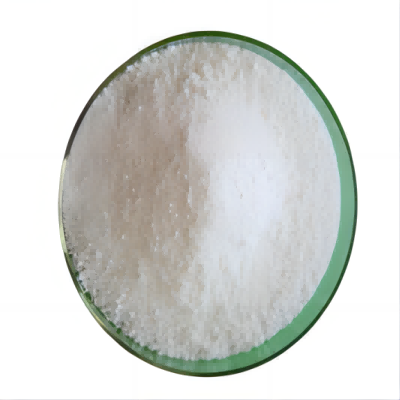
Potassium Pyruvate CAS:4151-33-1 Manufacturer Supplier
Potassium pyruvate is used to determine the substrate of lactate and dehydrogenase; It is also a good fitness and weight loss dietary supplement; Widely used in cosmetics. As a raw material for medicine and a food additive.
-
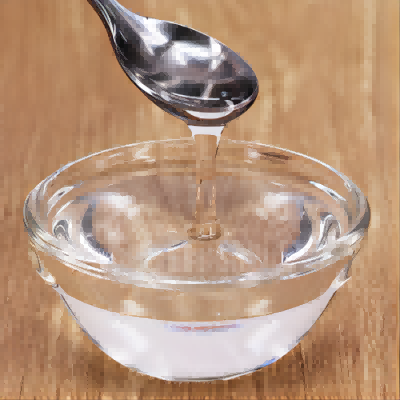
High Fructose corn syrup/HFCS CAS:8029-43-4 Manufacturer Supplier
CORN SYRUP is a complex combination obtained by the hydrolysis of starch by the action of acids or enzymes. It consists primarily of D-glucose, maltose and maltodextrins.
-

Sodium Acid Pyrophosphate (SAPP) CAS:7758-16-9 Manufacturer Supplier
Sodium Pyrophosphate Dibasic is anhydrous form, pyrophosphate salt used in buffers.Disodium diphosphate is used as a (tropically stable) acid carrier in baking powder, for improvement of flow properties in flour, for pH regulation, and in dental care products for prevention of tartar formation.
-
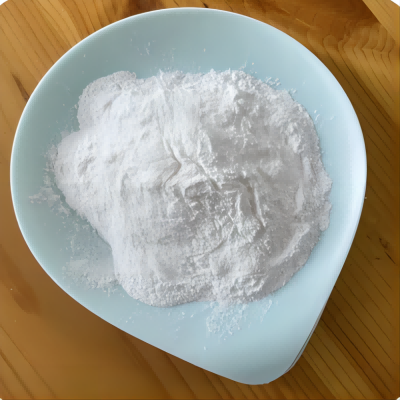
Zinc Citrate CAS:546-46-3 Manufacturer Supplier
Zinc Citrate is an essential trace mineral and a factor in the maintenance of good health as it supports and protects the immune system and helps the body fight against diseases. Zinc is an important antioxidant nutrient. It is necessary for protein synthesis, wound healing, for blood stability, normal tissue function, and aids in the digestion and metabolism of phosphorus. It also governs the contractility of muscles and maintains the body’s alkaline balance. Zinc Citrate can be used as a dietary supplement and as a nutrient. This product is known to be used in oral care products.
-
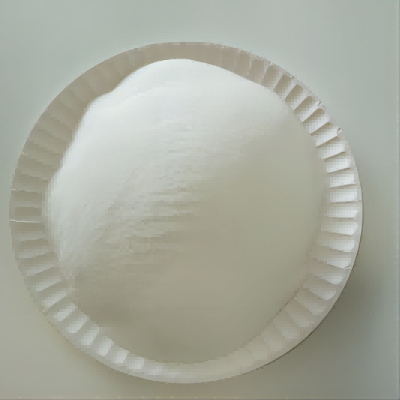
Palatinose CAS:13718-94-0 Manufacturer Supplier
Palatinose is a sugar substitute sweetener. It has many advantages such as low hygroscopicity, high stability, and tolerance, low calories, pure sweet taste, no undesired aftertaste.
-
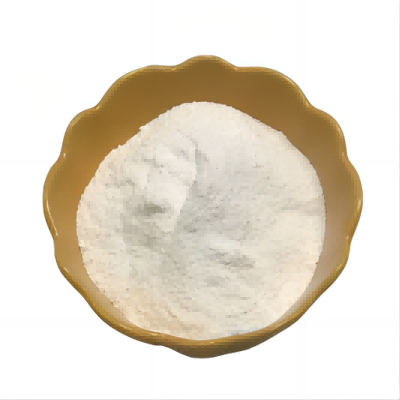
Tricalcium Citrate (TCC) CAS:5785-44-4 Manufacturer Supplier
Calcium citrate is the calcium salt of citric acid. It is commonly used as a food additive (E333), usually as a preservative, but sometimes for flavor. In this sense, it is similar to sodium citrate. Calcium citrate is also used as a water softener because the citrate ions can chelate unwanted metal ions. Calcium citrate is also found in some dietary calcium supplements (e.g. Citracal).
-
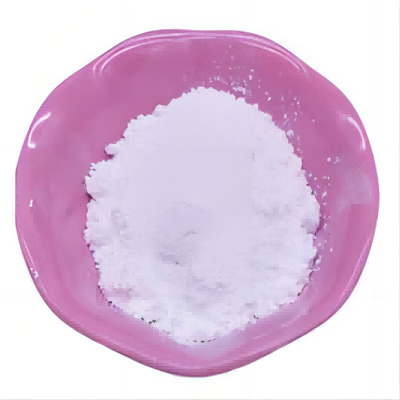
Alitame CAS:80863-62-3 Manufacturer Supplier
Alitame [L-a-aspartyl-N-(2,2,4,4-tetramethyl-3-thietanyl)-D-alaninamide] is a sweetener based on an amino acid. It is a very intense sweetener, possessing a sweetening power of about 2000 times that of sucrose. It also exhibits a clean sweet taste similar to sucrose. Although it is metabolized, so little is needed that its caloric contribution is insignificant. Alitame is prepared from the amino acids, L-aspartic acid, D-alamine, and a novel amine.
-

D-Arabinose CAS:28697-53-2 Manufacturer Supplier
Arabinose is an aldopentose which is more common than D-arabinose in nature. Arabinose is a Zero-Calorie sweetener and L-arabinose can inhibit the Sucrase so that the Sucrose cannot be broken up into Fructose and Glucose. Therefore, it can prevent fat accumulation and protect against diabetes.
-
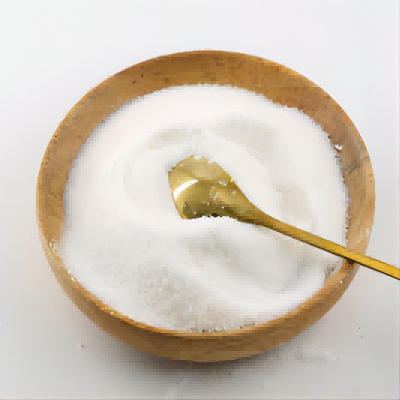
Malic Acid CAS:6915-15-7 Manufacturer Supplier
Malic acid is a 2-hydroxydicarboxylic acid that is succinic acid in which one of the hydrogens attached to a carbon is replaced by a hydroxy group. It has a role as a food acidity regulator and a fundamental metabolite. It is a 2-hydroxydicarboxylic acid and a C4-dicarboxylic acid. It derives from a succinic acid. It is a conjugate acid of a malate(2-) and a malate.
-
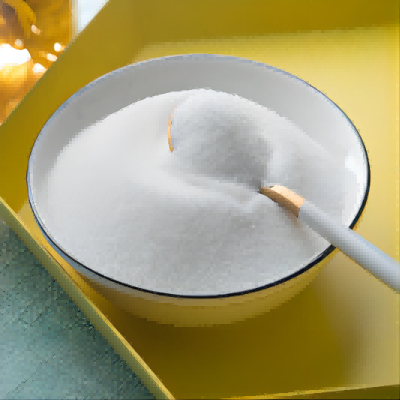
Potassium Tartrate CAS:921-53-9 Manufacturer Supplier
Potassium tartrate is the potassium salt of tartaric acid. It is often confused with potassium bitartrate, also known as cream of tartar. As a food additive, it shares the E number E336 with potassium bitartrate.
-
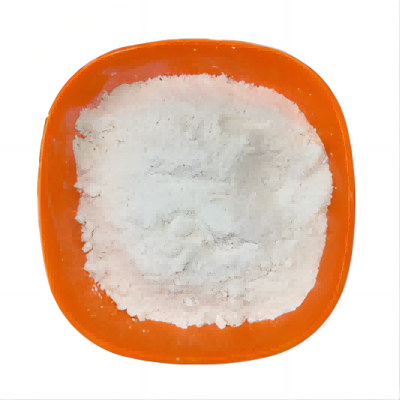
Inulin CAS:9005-80-5 Manufacturer Supplier
Inulin is a nondigestible oligosaccharide containing fructose which provides texture, rheology, dietary fiber properties, and selective fer- mentation by colon bacteria. commercially obtained from chicory root; common sources include onion, garlic, leek, asparagus, and jerusalem artichoke. it is a hygroscopic powder with solubility in water dependent on water temperature. with increasing concentra- tion, viscosity gradually increases, and at about 30% concentration, it can form discrete particle gels which are characterized as creamy and fat-like. it is not hydrolyzed by the digestive system. it func- tions as a prebiotic, passing into the colon where it is preferentially fermented by healthy bacteria such as bifidobacteria and lactobacilli to increase their proliferation and inhibit unwanted bacteria. it is used in ice cream products to replace fat and sugar, and in baked goods.
-
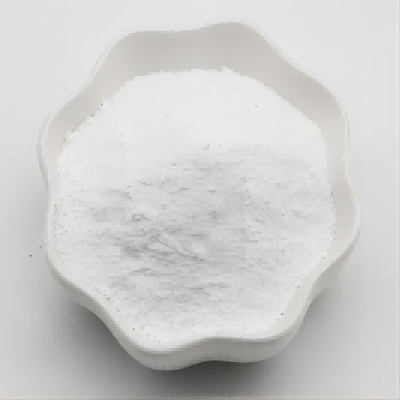
Sodium Benzoate CAS:532-32-1 Manufacturer Supplier
Sodium benzoate, also known as benzoic acid sodium, is commonly used as food preservatives in food industry, odorless or with slight smell of benzoin, and tastes sweet astringency. Stable in air, can absorb moisture in open air. It’s naturally found in blueberry, apple, plum, cranberry, prunes, cinnamon and cloves, with weaker antiseptic performance than benzoic acid.

